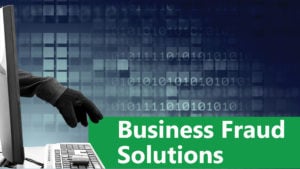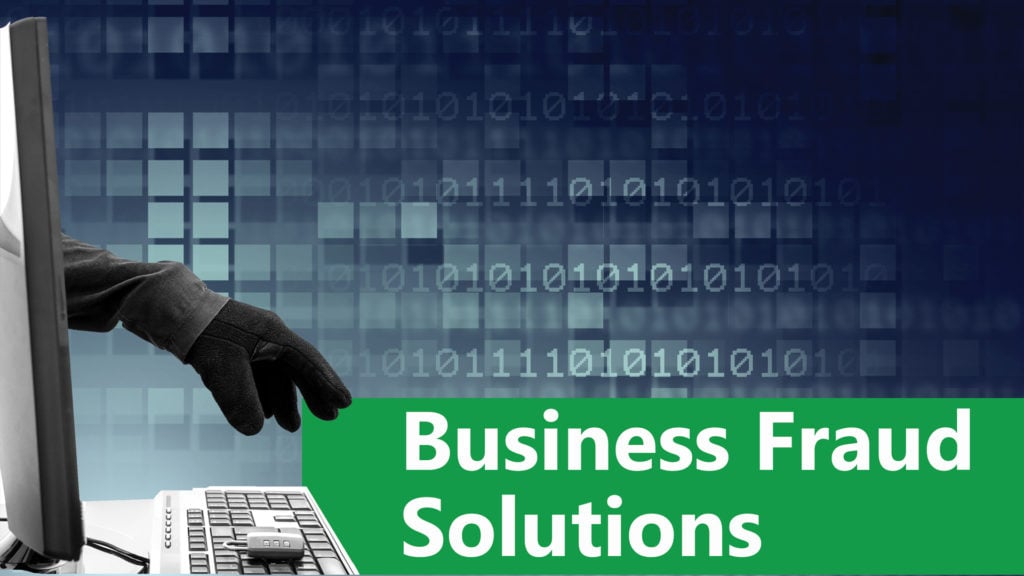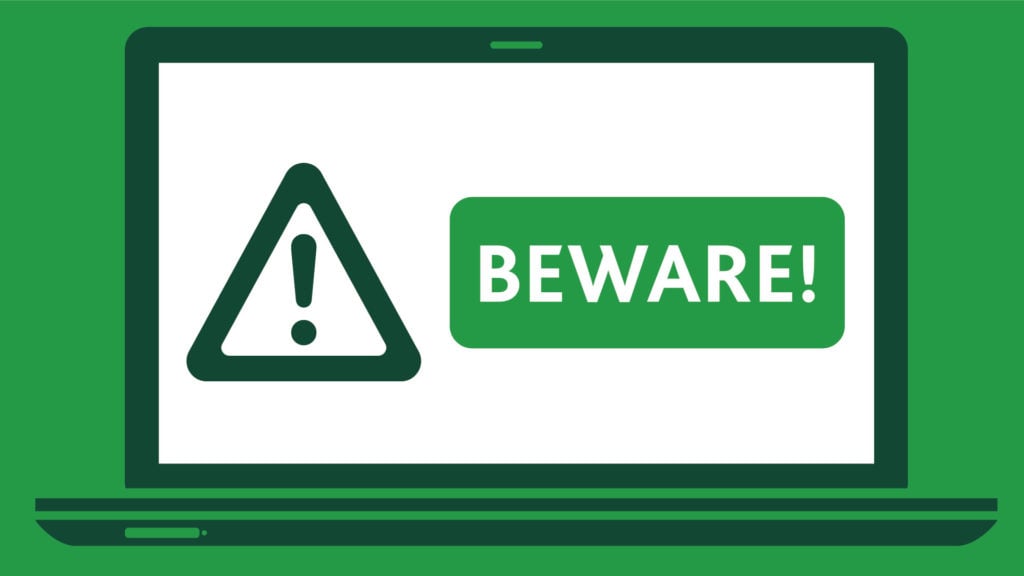
As you may have heard, with the Corporate Transparency Act (CTA) that was passed at the end of 2021, businesses will now have to register and report their Beneficial Ownership to FinCEN (Financial Crimes Enforcement Network) using an online portal, known as the BO IT System.
- New businesses formed this year (2024) will have 90 days to register their Beneficial Ownership Information with FinCEN.
- Businesses formed prior to Jan 1, 2024, will have until Jan 1, 2025, to register with FinCEN.
- Businesses formed on or after January 1, 2025 will have 30 days to file their report with FinCEN
- Businesses that fail to do so, MAY be fined by FinCEN.
What does that mean for RCB Bank business customers?
RCB Bank is still required to obtain the Certification of Beneficial Owners.
What do RCB Bank business customers need to know?
They can access the FinCEN BOI Reference Materials (Reference Materials | FinCEN.gov) for all the reference materials as well as the FAQs provided by FinCEN. From there they can access the BOI (Beneficial Ownership Information) E-Filing system and informational YouTube videos. Any questions about their business should be directed to their CPA, attorney or Secretary of State.
The Beneficial Ownership Information Reporting to FinCEN and the CTA marks a pivotal moment in corporate accountability. It’s crucial for companies to understand and comply with these regulations to maintain trust, integrity and legal standing. Stay informed and ensure your business stays ahead by delving into the nuances of these acts. Visit the resources listed for a guide on compliance and take proactive steps toward a transparent and responsible business future.
Source: Fact Sheet: Beneficial Ownership Information Access and Safeguards Notice of Proposed Rulemaking (NPRM) | FinCEN.gov
FinCEN Issues Initial Beneficial Ownership Information Reporting Guidance | FinCEN.gov












